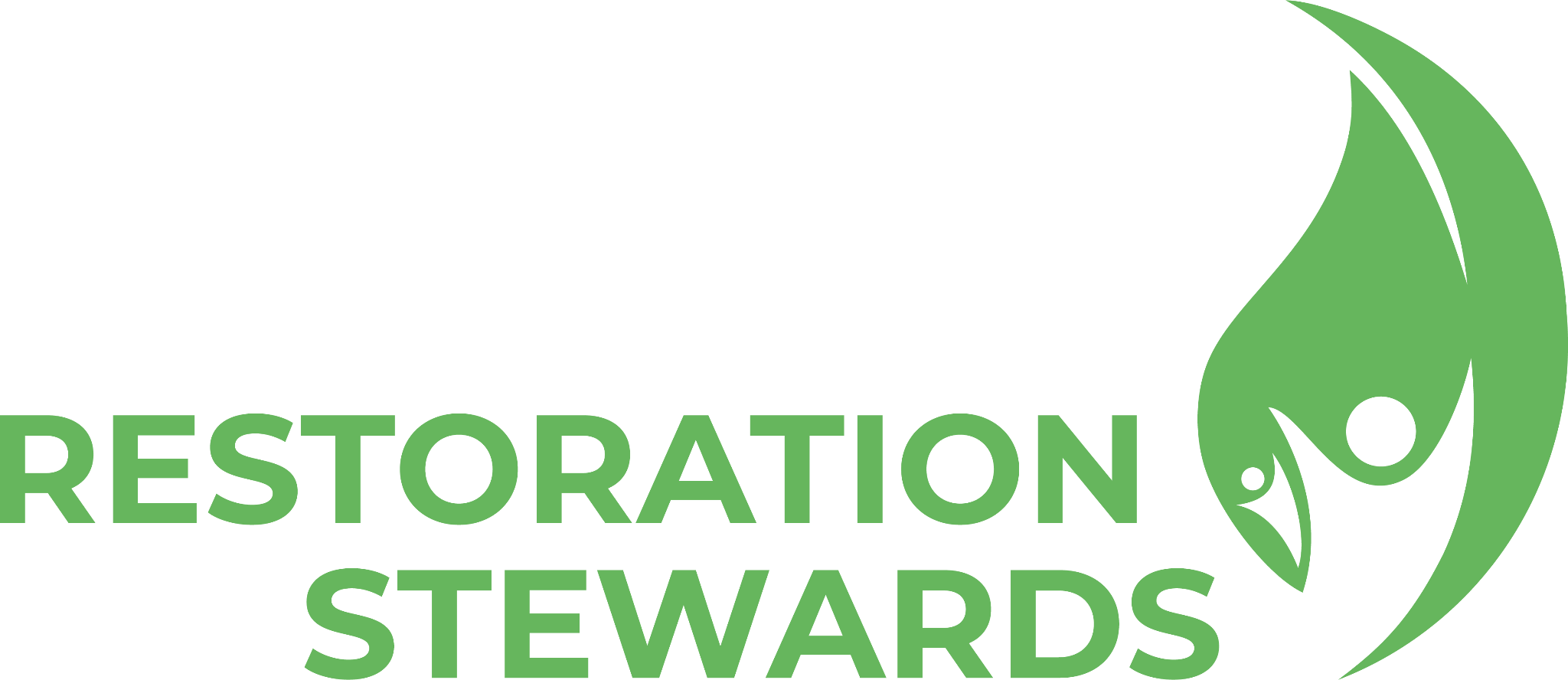A year with the Restoration Stewards program: A year of growth
How Tahina Roland Frédéric, the 2023 Dryland Restoration Steward, experienced the Restoration Stewards program
Since 2020, I have chosen to devote my career to restoring ecosystems, with a particular focus on soil regeneration. What motivates me in this field is seeing nature come back to life thanks to our efforts. To turn this passion into my profession, I co-founded the Taniala Regenerative Camp association in Madagascar in 2022, alongside friends who share the same ideals. In 2023, my selection as Dryland Restoration Steward by the Global Landscapes Forum (GLF) was a key moment in my career.
The Restoration Stewards program has highlighted my commitment as an active technician in the field. The program has given me a great deal of freedom of action, allowing me to test our own approaches and put our ideas into practice. This flexibility is essential for launching innovative projects like ours. With our Taniala Regenerative Camp association, we aspire to become a tiny lab offering concrete solutions to local challenges in the villages where we operate.
Among these solutions, we have highlighted the effectiveness of regenerative agroforestry through our forest gardens.

Creating our regenerative agroforestry demonstration forest garden with the community in December 2021.

Pride of our community: in the background, our demonstration forest garden, two years and three months after its creation.

A harmonious blend of tree rows and cultivable spaces in our forest garden.
Thanks to the Restoration Stewards program, we were able to duplicate our forest garden model and practice regenerative agroforestry on three hectares of land this year. At the same time, we were able to test the tolerance of around 30 different species to our semi-arid climate and poor soil as part of an agroforestry system. The support of the GLF has helped to develop our camp, particularly with the construction of our perennial nursery, which has enabled us to produce the 10,000 tree seedlings we need for our activities. It was a big first for me.
Carrying out these activities enabled me to learn by doing and to acquire important technical and management skills for our future projects. For example, at the start of the program, I had planned a number of activities, but as they were implemented, I had to make adjustments while becoming aware of real needs and resources. I also developed my budget management skills, because to carry out our activities, it was necessary to prioritize due to our limited resources.

A tree nursery housing various tree species that will be tested for agroforestry on our site.

Before: Creating a new forest garden with the community in January 2024.

After: An overview of the new forest garden in April 2024, four months after its creation.
Over the course of the program, I realized the importance of developing skills beyond technical aspects. Although communication isn’t naturally my strength, I’ve been able to improve by writing blogs and taking part in meetings and podcasts. Thanks to the blogs published on the GLF website, our initiative is now accessible to a wider audience on the internet and gaining greater visibility.
I also had the opportunity to learn about leadership at the Landscape Leadership Workshop organized by the GLF in Nairobi, Kenya, in October 2023. I also had the opportunity to attend the GLF Nairobi 2023 Hybrid Conference: A New Vision for Earth.
These events gave me the opportunity to meet and talk to other young people involved in various fields and to learn from people working in the field of ecosystem restoration in different countries. This experience made me aware of the importance of networking and communication in the development of a project.

Adrian Leitoro, 2022 Dryland Restoration Steward, shares his inspiring thoughts at the Landscape Leadership Workshop in Nairobi.

A moment of social regeneration led by Eirini Sakellari, GLF Youth Program Coordinator, at GLF Nairobi 2023.

Embodying ecosystem restoration in Madagascar is both an honor and a great responsibility.
Taking part in the Restoration Stewards program was a crucial step in my journey towards restoring ecosystems in Madagascar. It has enabled me to strengthen my skills, add valuable experience to my CV and clarify my objectives for the future.
However, I still feel the need for support and guidance to improve my technical and managerial skills at this stage. My project is still in its early stages, and my aim is to spread soil regeneration practices throughout my country, which is currently facing the severe degradation of its landscapes.
I am grateful to the entire team behind this Restoration Stewards program for focusing their attention on my project and giving me the opportunity to develop it. I’d like to express my deep gratitude by saying “Misaotra!” (“Thank you” in Malagasy).

